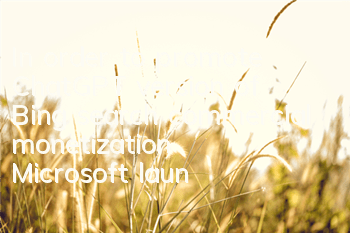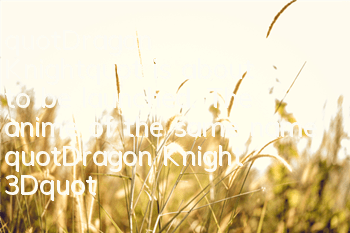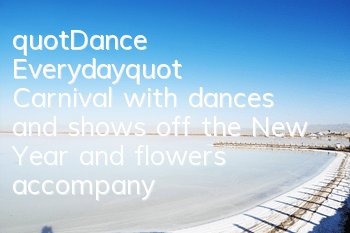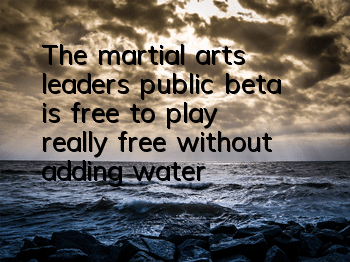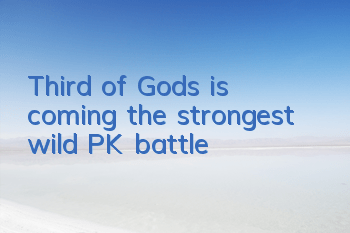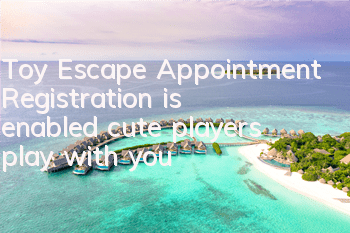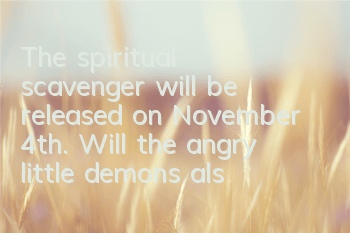It is reported that Microsoft has begun to show advertisers what the Bing search engine's ads will become, supported by AI chatbots. Currently, Microsoft is exploring new revenue sources around generative artificial intelligence chatbots.
Advertising industry sources said that over the past month, Microsoft is hosting roadshows around the world and holding non-public meetings with advertisers and advertising companies to showcase the ad format of the ChatGPT version of Bing search in its tests.
Compared with traditional search engines, New Bing encourages users to give more input through conversations. In addition to returning to a search result page composed of a list of website links, New Bing can also answer questions or complete tasks in a concise way through an artificial intelligence chatbot, such as “planning a trip to Rome” or “recommended a three-course dinner menu.”
Users will also get an annotated answer to compare different products, which indicate the source of the information. Sources participating in the roadshow said the notes can be clicked, and the links that jump can be advertisements, and there will be flags if they are advertisements.
Sources from advertising companies revealed that advertisers cannot currently serve ads through Bing chatbots, but advertising campaigns conducted through Bing Search will automatically expand to chatbots; there will be no separate reports on new Bing advertising, and Microsoft will summarize the delivery effects of all search ads and send them to advertisers.
Another executive at an advertising agency said text ads, multimedia ads, product ads and vertical ads could all be expanded to the new Bing chatbot, and advertisers do not need to create separate ad delivery plans.
Advertising company sources said there are still many questions that have not been answered about how Bing chatbots will achieve advertising targeting. For example, it is not clear at present whether the advertisements users see are based on search keywords, user's own data, or content generated by artificial intelligence in the chat results.
Dennis Westerbeek, a senior digital advertising marketer at digital advertising agency Adwise, was very excited when he saw the new Bing ad. He participated in a roadshow event at Microsoft Advertising in Amsterdam, Netherlands. He said that the number of daily active users of New Bing has reached 100 million, "This indicates that users are turning to Microsoft, giving advertisers the opportunity to reach more potential users through the Microsoft platform."
Microsoft declined to comment.
Microsoft hopes to use the outside world's attention to new Bing and OpenAI to promote commercial monetization. Currently, the search market with a scale of $112 billion is dominated by Google with more than 80% of the market share. Microsoft has previously stated that every 1 percentage point increase in share in this market can bring in $2 billion in search advertising revenue. Google is also developing its own AI conversational search Bard.
Microsoft also believes that artificial intelligence technology can bring more personalized search results and improve the relevance of ads, so the company can charge higher prices for new Bing ads. "While users may see fewer ads, these ads are more valuable to advertisers," said Philippe Ockenden, vice president of finance at Microsoft, in a conference call with analysts last month.
